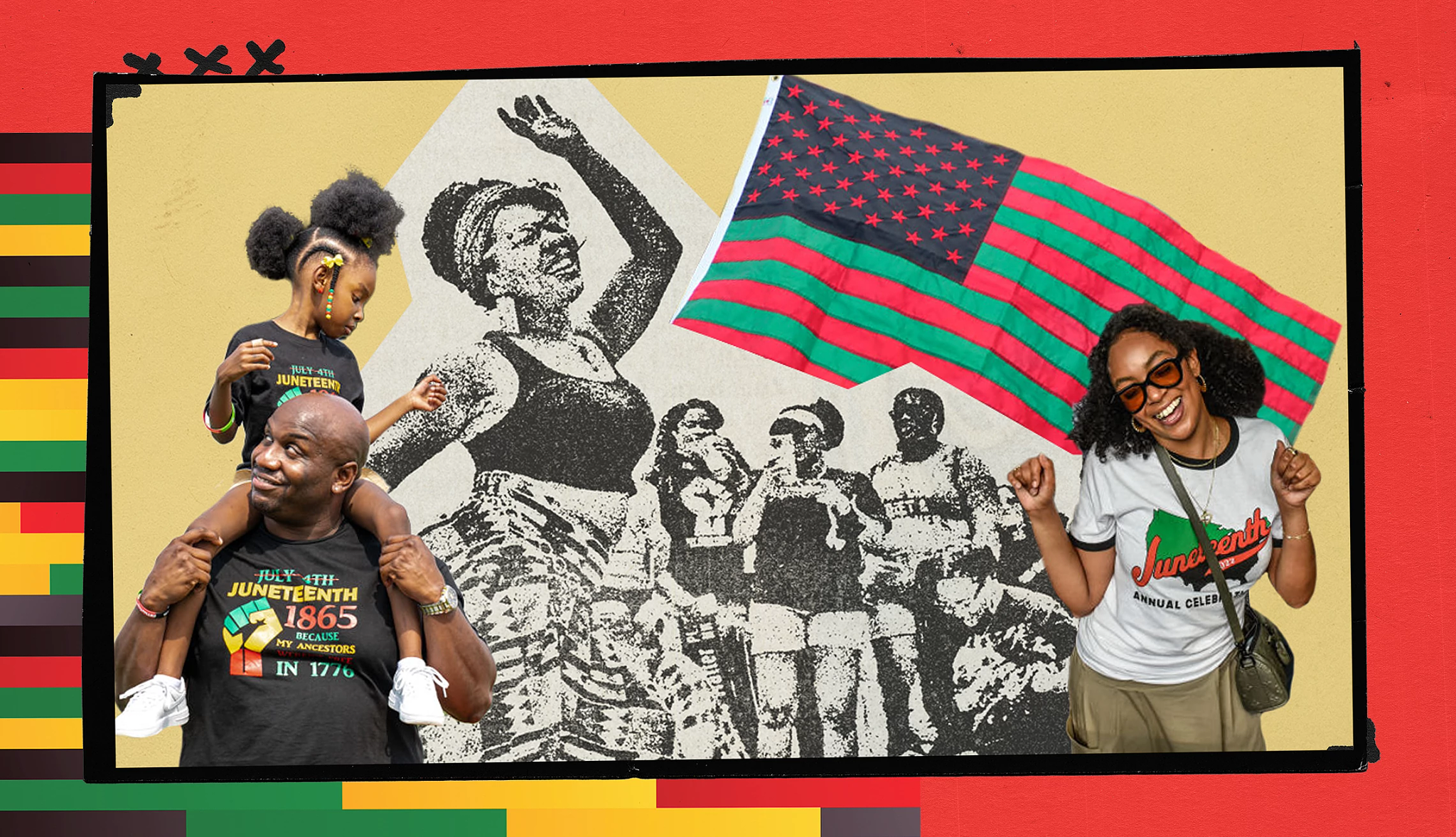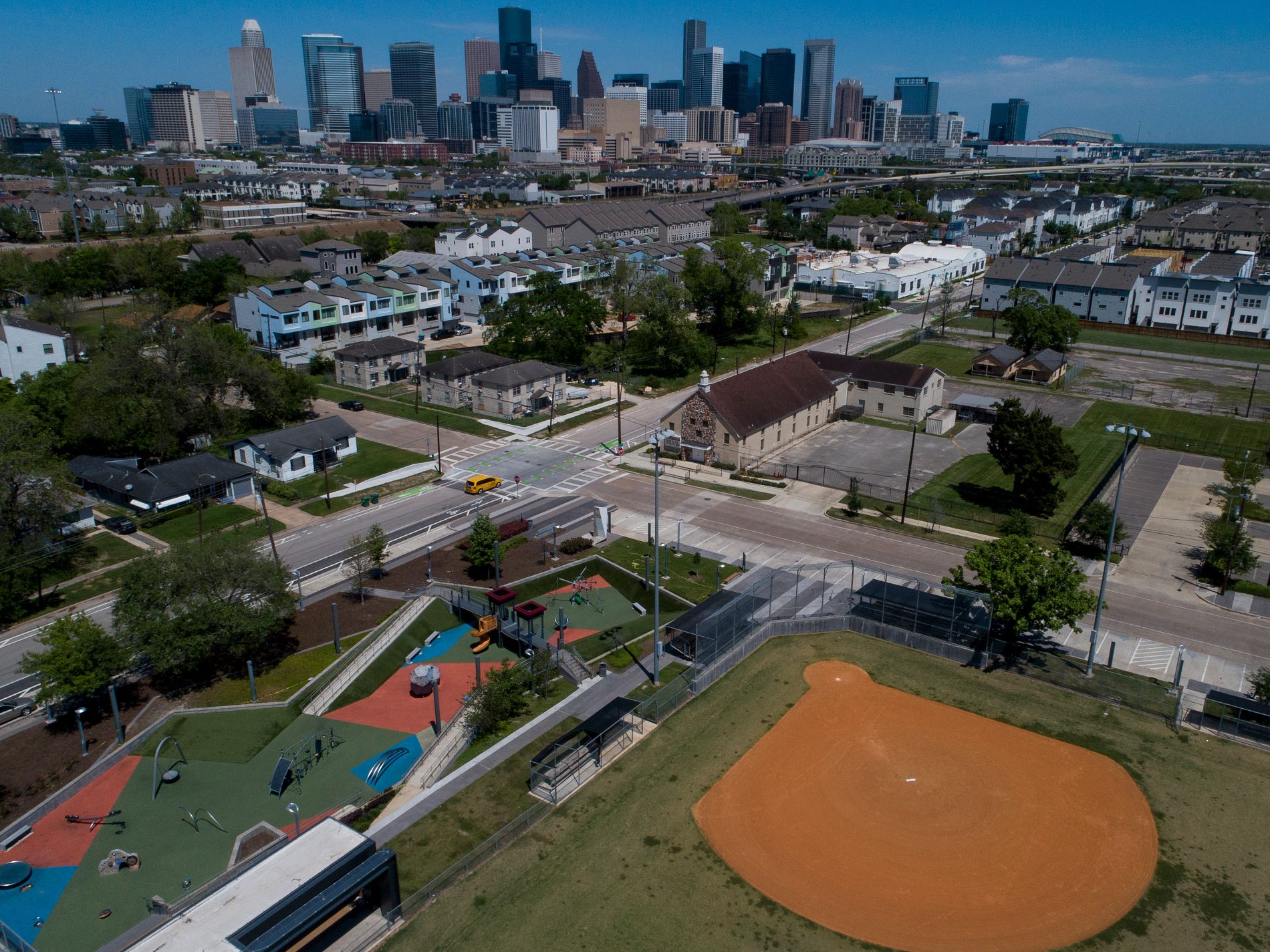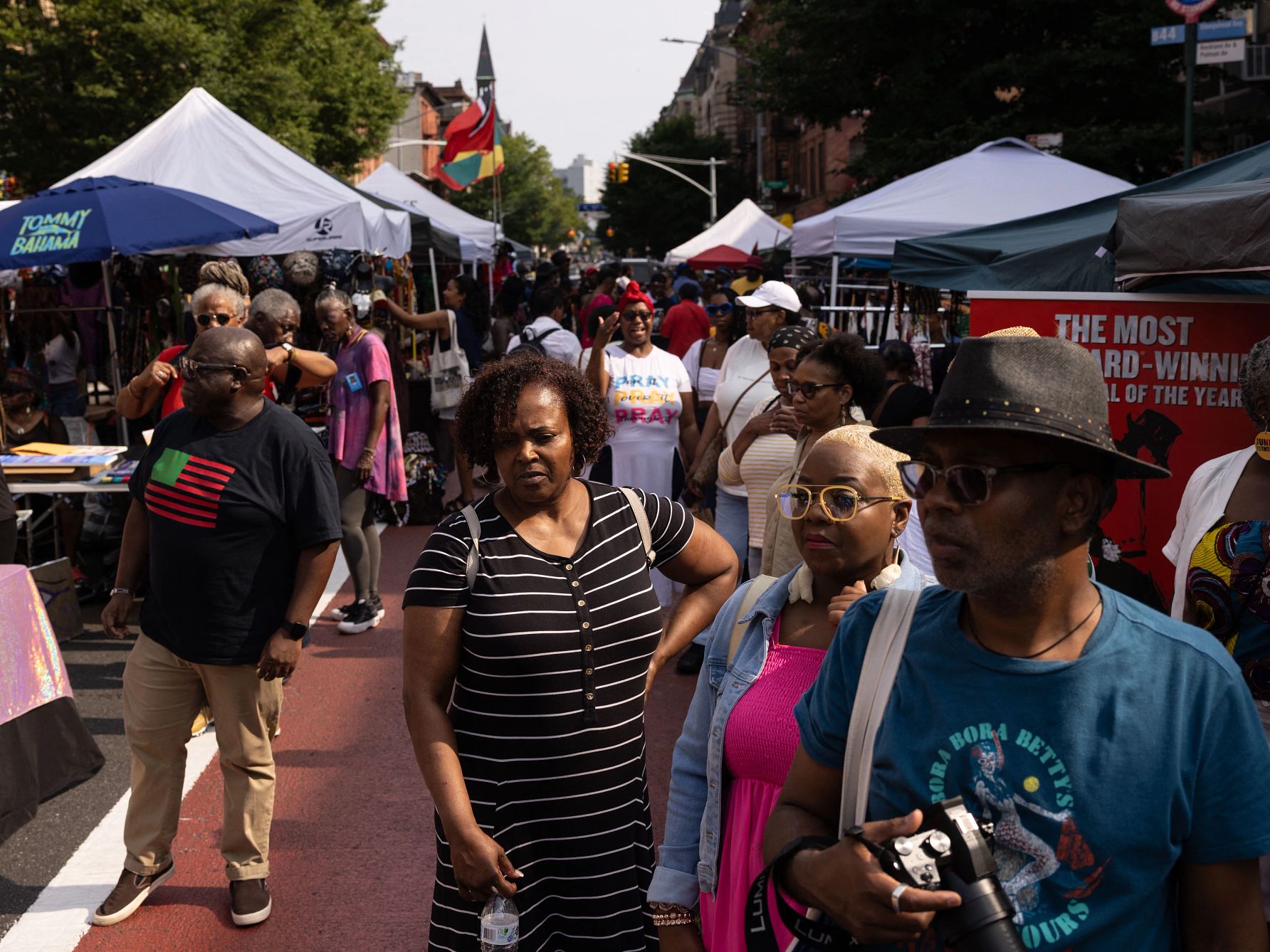AARP Hearing Center


I drove to Clarksdale, Mississippi, on June 18, 2021, the day after Juneteenth became a federal holiday. It was my first visit to this part of the state, but it felt like a homecoming of sorts. I knew that my ancestors had once lived in this small town famous for blues music. My family and I spent the weekend walking through historic downtown Clarksdale, stopping to admire murals of notable blues musicians and visiting Red’s Lounge, a juke joint known for birthing the town’s most inventive artists.
On Saturday, June 19, my family and I stumbled upon a cookout in the park to celebrate Freedom Day. It was my first time celebrating Juneteenth, and my first time interpreting what celebrating meant for me, as it was for several newcomers to the holiday. Awareness for what was once a grassroots celebration among Black families in Texas was spreading across the country.
Days before Juneteenth became a federal holiday, a Gallup poll reported that 37 percent of American adults said they had some or a lot of familiarity with the holiday. That average was slightly lower for people age 55 and older, at 32 percent. By the next year, the number of overall adult awareness increased to 59 percent.
Juneteenth commemorates June 19, 1865, the day Union soldiers marched into Galveston, Texas, and announced the emancipation of enslaved people. Making Juneteenth a federal holiday not only increased national awareness about Emancipation Day but also opened the day up to new perceptions of its symbolic representation.
According to Donna Patterson, chair of the Department of History, Political Science and Philosophy at Delaware State University, the social justice movements that began in 2020 had a major influence in how a new generation of celebrants understood Juneteenth.
Migrations and social justice movements shift on Juneteenth
“A lot of people either learned or are still learning about Juneteenth. And what we saw in 2020 with the protests and George Floyd and all of that, a lot of the protesters, I think, took hold of Juneteenth as one of the symbols. And so it spread it out in a different way,” Patterson says.
One of those new directions, she says, was in some Black Americans’ decision to forgo July 4 celebrations in favor of Juneteenth, a concept that was not widespread among Juneteenth celebrants prior to 2020.
Patterson grew up in Texas and recalls the Juneteenth parades and educational lectures that were common in her youth. For those who were able to get time off from work, it was a day to return home to commune with friends and family.







































































More From AARP
Josh Gibson Recognized as Baseball's Career Batting Leader
The Negro League star supplants Ty Cobb as MLB remakes its record bookUnderstanding the Origins of Memorial Day
How formerly enslaved Black Americans held the first-known commemoration
Gladness Gurus Share Top Tips for Finding Happiness
These strategies can make every day more fun, festive and fulfilling
Recommended for You